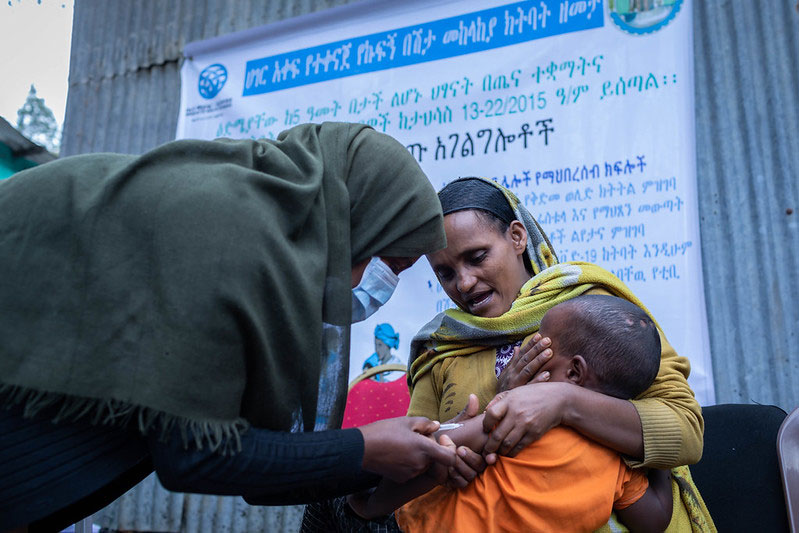Sustainable agriculture is crucial for the 2030 agenda for sustainable development. Agricultural production is inherently risky due to erratic climate conditions, crop loss from pests, and fluctuations in crop and/or input prices, limited access to inputs, among others. These risks and losses are a problem year after year for 510 million smallholder farmers around the world. Risk mitigation instruments could be instrumental for providing livelihood security and helping vulnerable and poor households cope with shocks. However, agricultural risk mitigation tools – such as insurance – have suffered from low uptake. As a result, there is limited rigorous evidence on how these interventions affect the practices of smallholder farmers or their welfare.
To answer these questions, 3ie’s agricultural insurance evidence program is supporting six impact evaluations examining promising interventions designed to sustain uptake of agricultural insurance. They include bundled financial products, digital interventions, and interventions for enhancing product knowledge or awareness. The studies are being conducted in Burkina Faso, India, Kenya and Senegal over two to three years observation periods. Now that the program has reached its midpoint, research teams, implementing partners, decision-makers, and 3ie staff gathered at a virtual workshop to share what has been learned so far.
Economic effects of COVID: Lockdowns and market closures put pressure on income stability, teams reported. Some farmers had to hold on to crops, wait for payments, or delay sales. The lending market had also changed. Some teams reported that credit for loans in bundled products dried up and premium advances were reduced due to shifting priorities or credit market constraints.
Encouraging uptake remotely: Prior to the pandemic, increasing uptake was a primary evaluation aim of the evidence program. Most of the study teams agreed that COVID affected implementers’ ability to achieve planned uptake rates. Stopping face-to-face communication and shifting to a completely virtual method of contact was challenging without prior planning. Gaining trust and uninterrupted dissemination of information exchange is a challenge without human interaction. In-person marketing interventions were paused and contact through phones was not always successful. Insurance partner or farmer/producer-focused trainings were moved online. According to the teams, this impacted the quality of intervention for participants unfamiliar or uncomfortable with online trainings.
Shifting to social protection: Some teams adopted a social protection approach to mitigate economic risks that affect uptake (relaxing insurance premium payments or loan repayments) and leveraged nominated community members to assist with marketing.
Vulnerability and gender-based indicators: The difficulty of reaching women farmers within households made it difficult to explore gender-related research aims. Typically, phones were owned by the male head of the family and there were concerns about creating intrahousehold conflict. However, female farmers were observed to be greatly affected by additional household work during the pandemic. They were more involved in household and caregiving activities and reported increased work pressure.
Workshop participants agreed that the ramifications of the pandemic will linger for a considerable amount of time. Reflections from the workshop also brought to the fore the importance of digitalization. As more and more platforms turn virtual, digitalization can be instrumental for disseminating insurance communications, augment sales channels, and accelerate document-verification processes for claims. As the evidence program enters its final phase, teams hope to gather evidence of what approaches may be effective in the increasingly digital world.
Comments
I really appreciate the focus on gender and vulnerability in this discussion. So many farmers, especially women, face unique challenges in accessing insurance resources. It’s inspiring to think how effective a well-tailored approach could be. Agrarian’s emphasis on tailored sales coaching, especially in rural areas, seems like it would work well with this kind of support model. https://www.agrarian.co.nz/







Zeba, this is such an informative read! The connection between economic stability and insurance uptake is so critical. I particularly found the discussion on bundled financial products fascinating. In my experience with agricultural finance, providing integrated solutions can make a huge difference for smallholder farmers. It’s essential that we find innovative ways to promote these services while ensuring farmers feel secure in their choices. Looking forward to more insights from your research! https://www.agrarian.co.nz/